


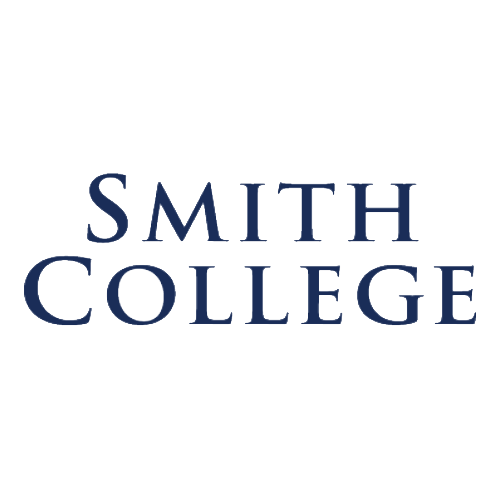


 Official Transcript
Official Transcript .svg) Essay
Essay  1 Recommendation
1 Recommendation  English Test B2
English Test B2  Additional Requirements
Additional Requirements  Online Application From
Online Application From  Application Fee
Application Fee 


Application is closed


Explore your interests in women in politics and history, intersectional feminism and race in literature and beyond. All of the courses in this program give attention to historical context and use an intersectional analytical framework.
 Non-credit
Non-credit
 Residential
Residential
 Accepts International Students
Accepts International Students
Courses in this program include discussions of nonbinary and transgender embodiment and grapple with the production of gender and its relationship with racialization, gender oppression, queer resistance and structural violence. All of the courses in this program give attention to historical context and use an intersectional analytical framework.
Courses
Shaping a New World: Analyzing Race, Gender and Feminism in Science Fiction for a Better Tomorrow
This class is for students who recognize that we need a paradigm shift and want to change the world. What kinds of futures have you been made aware of through science fiction and fantasy texts, and how can you use your analyses to create change in the world? In this class, you will be a world builder. This is an interdisciplinary course that examines feminist science and speculative fiction narratives as political texts that critique society’s racial and gender hierarchies. By analyzing science and speculative fiction texts, you will find inspiration for your own constructions of the future. Your words will push the boundaries of what others believe is possible. You will produce a project about how to make our world better. Join others in suspending disbelief and believing in your power to promote change.
We want to foster an open and welcome community of thinkers and learners. This class will support you in sharing your ideas and thoughts while keeping in focus that not everyone in the class has the same background.
Rebellious Women in History
Smith College and the surrounding area are home to unparalleled archival collections and cultural heritage institutions that offer an immersive experience in women’s history. During your time in the course, we will explore women’s lives through archival research, tapping into this wealth of resources on campus. With a focus on women and social change, you will be introduced to women who have altered the course of American history through reform, mobilization, cultural interventions and outright rebellion. We’ll gather insights about women who’ve made a difference—what inspired their passion and dedication to women’s equality, and how their words and actions changed the possibilities for women. We’ll explore various time periods and social justice movements, paying close attention to both the ideas and the strategies of key thinkers.
Our class time will be a mixture of conversation, small group work and archival research. We may do an off-campus excursion if time permits.
Play Like a Girl: Gender in Sport
Playing Like a Girl: Gender in Sport explores questions around gender and the involvement of all women in sport, physical activity, and exercise in the United States. Drawing from various texts, podcasts, videos, current events, and our especially our own experiences, we interrogate the histories of women in sport and physical education and use critical feminist theories to decipher the ways sport creates, supports, and resists dominant ideologies of inequality. This course will focus on the creation and legacy of women's sports, patterns of inclusion and exclusion in sport with particular attention to women of color and gender nonconforming athletes, and the social construction of gender, race, and sexuality in sport. This course is experiential and students may be asked to participate in some light activity which will be accessible and available for every body.
Women in Rock
The cultural narrative of popular women musicians offers a unique view from which to study American history. In this course, students will explore the Women of Rock Oral History Project, a collection of digital interviews and written transcripts documenting the lives and careers of women-identified musicians, analyze their oral testimony, and identify emerging threads, topics and themes. Students will gain an in-depth knowledge of the history of women in rock, develop a greater understanding of their impact on culture, society and politics, gain a greater sense of women’s lives and the pervasive ways in which women musicians address societal issues, and develop and refine skills in critical thinking, discussion and writing.
The tools we will be using are: Moodle, YouTube (Women of Rock Oral History Project YouTube channel), SquareSpace and a podcasting software. We will work individually and in small groups, and the class will consist of exploring the Women of Rock archive, outside research and Zoom visits with Women of Rock Oral History Project narrators.
Reproductive Justice and Post-Roe Worldmaking
What does it mean to live in Post-Roe world? A world where many are actively curtailing reproductive rights and denying gender-inclusive education? A world that includes long histories of resistance, mutual aid, and organizing? In this course, we will examine histories of sexual and reproductive health movements. We will explore how the reproductive justice framework can offer us a space to hold conversations about gender, race, equity, community belonging, and human rights. We will also spend time working with the Sophia Smith Collection of Women’s History at Smith College. This collection is a rich archival repository and includes material such as the Loretta Ross papers, the Activist Life Oral History Project, the Black Women’s Health Imperative Records, the National Latina Health Organization Records, and a number of personal archives of well-known feminist thinkers and activists. Students will leave this course with curiosity about how historical conditions, social movement materials, and critically-informed questions shape the possibilities for critique and worldmaking.
Thinking Gender Trans/Nationally
How do cultural differences shape understandings of gender and sexuality in our transnational world? What are the historical influences of settler colonialism and imperialism? In what ways do multicultural communities create new forms of identity, belonging, and resistance? In this course, students work with selected archives of film, artifacts, and oral histories to examine cross-cultural knowledge, critique, and resistance.
On-campus, residential
When applying to Smith Precollege, you are applying to the program, not a specific course. In late Spring we will send a course selection form. Please have more than one desired course in mind when applying to our program.
Classes Monday–Friday
In-person classes go from 9 a.m. to 4 p.m.
Morning Classes are 9 a.m.–noon:
Rebellious Women in History
Thinking Gender Trans/Nationally
Afternoon Classes from 1–4 p.m.:
Play Like a Girl: Gender in Sport
Women in Rock
Reproductive Justice and Post-Roe Worldmaking
Shaping a New World: Analyzing Race, Gender and Feminism in Science Fiction for a Better Tomorrow
After that, your time is yours. We hope to safely offer you access to the following on-campus amenities: two indoor gyms, outdoor track and field, botanic gardens, Smith’s distinguished art museum and the new Neilson Library. There are after-class activities every day. Examples include:
Art and Inclusivity—with the Smith College Museum of Art
Plant Literacy: The Basics—with the Botanic Garden
Vision Boarding and Writing Prompts
DIY Recycled Notebooks
Bullet Journaling
How to Naturally Dye Your Clothes
Yoga in the Garden
’Zine Making
Designing Your Life: The Next Five Years
Cancel Culture: Discussion and Critique.
Academic lectures and office hours are also hosted throughout each week. Meals will be provided in a Smith dining hall. Smith Precollege Programs will continue to follow COVID-19 health and safety guidelines. The COVID-19 Safety Plan for Smith Precollege Programs will be shared in early summer and includes the requirement that all Precollege Program participants, staff and faculty must be fully vaccinated (plus booster) prior to arrival on campus this summer.
For young women, female-identified or gender-nonconforming students who will be entering grades 9, 10, 11 or 12 in fall 2023.
 Official Transcript
Official Transcript
.svg) Essay
Essay
 1 Recommendation
1 Recommendation
 English Test B2
English Test B2
 Additional Requirements
Additional Requirements
 Online Application From
Online Application From
 Application Fee
Application Fee
1. Personal Essay (500-word maximum):
Please respond to ONE question as your essay prompt.
1. Tell us about the experience, event, book, movie, person, place, etc. that initially sparked your interest in science. What was it about this event, person, etc. that inspired you?
2. Tell us why you want to attend an intensive program in your chosen field at Smith College?
There will be a prompt for you to upload a PDF or Word document to the application.
2. High School Transcript
Transcripts may be uploaded to your application. One full year of grades needs to be received. Alternatively, your school may email the transcript to our office.
3. Letter of Recommendation
All applicants must submit one academic recommendation from a teacher. There is a section in the application to provide your recommender's name and email contact.
4. International Student Documentation
International students are welcome to apply to any of our program offerings. International applicants may need to submit their English proficiency test scores. Test scores should be sent to Smith College.
International students should be aware that participation in Smith Precollege Programs does not constitute the basis for securing a student visa (F1). Students in the program should be able to obtain a Visitor (B) visa. If you will need to obtain a Visa, please be aware of your embassy/consulate Visa Appointment Wait Time.
5. Financial Aid Form (only if applying for financial aid)
Students applying for aid will need to have their family income and financial details on hand. You will also need to upload a copy of your tax return from 2021 or 2022 (typically the first two pages of the 1040 are sufficient). If taxes were not filed then an end-of-year wage statement (W-2) may be submitted.
6. Application Fee
The payment link is provided after you submit your application (Mastercard or Visa are accepted). The fee is nonrefundable.
Deadline
December 15, 2022
2023 Program Application Opens
Application reviews start after January 3 and then are done on a rolling basis until programs are filled.
February 5, 2023
Priority Application Deadline
Complete an application by February 5 to be considered a priority applicant. All applicants will hear back by February 17.
March 5, 2023
Financial Aid Deadline
Apply by the date if you are submitting a financial aid application. All applicants who are applying for financial aid will hear back by March 24.
April 16, 2023
Application Fee Increases
The $50 application fee increases to $100.
May 15, 2023 Final Program Payments Are Due
Last day to apply.
Once all completed application materials are received, students are notified within 14 days of their acceptance status.
Admission is determined on a rolling basis. Students are encouraged to submit a completed application as soon as possible.
 Jul 23 - Aug 05
Jul 23 - Aug 05
 2 weeks
2 weeks
Cost
Tuition: $4,630 | Deposit: $925
Deposit due within two weeks of acceptance.
The $50 application fee increases to $100 April 16, 2023.
Financial Aid
Smith Precollege Summer Programs financial aid is available to a limited number of participants and is awarded on the basis of demonstrated financial need and eligibility for the program. To be considered for financial aid, you must complete the financial aid section on the application and upload tax documentation.




 Official Transcript
Official Transcript
.svg) Essay
Essay
 1 Recommendation
1 Recommendation
 English Test B2
English Test B2
 Additional Requirements
Additional Requirements
 Online Application From
Online Application From
 Application Fee
Application Fee



Application is closed

Useful Resources






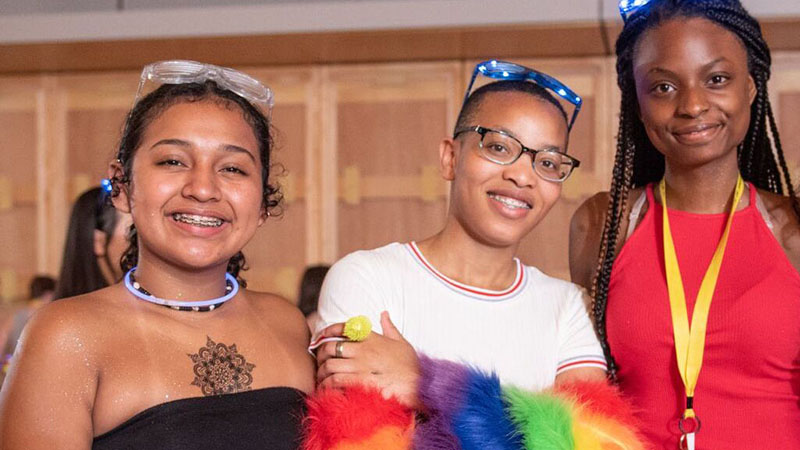

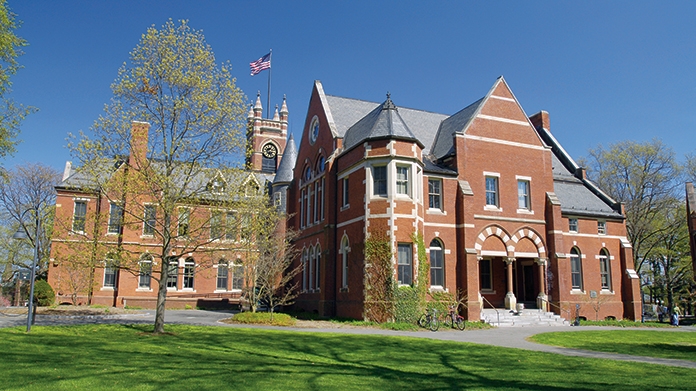

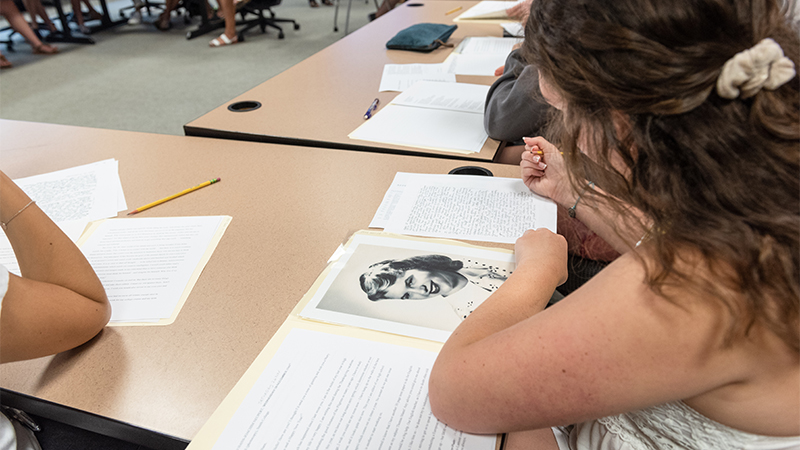
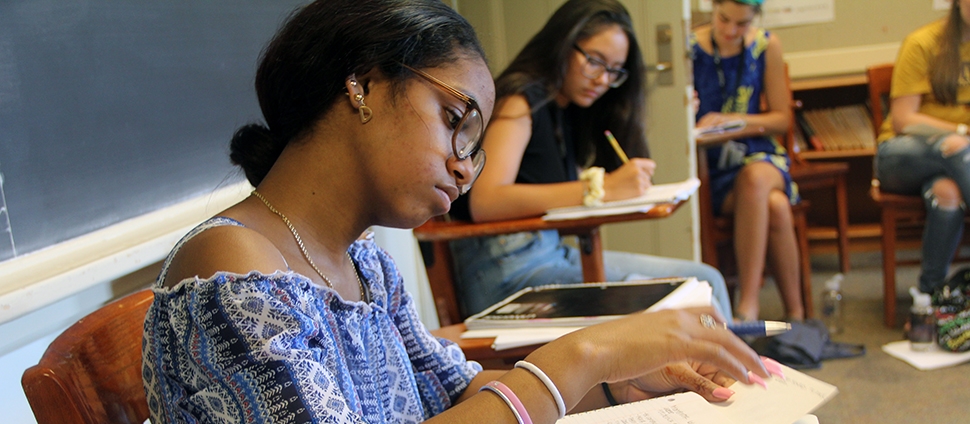




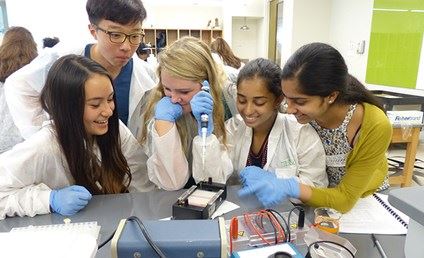

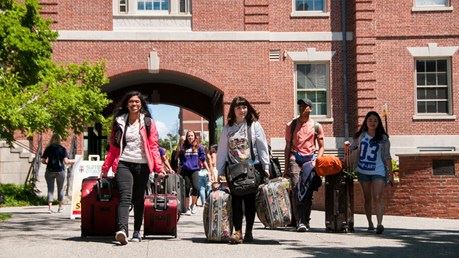

Tell us your
opinion about us